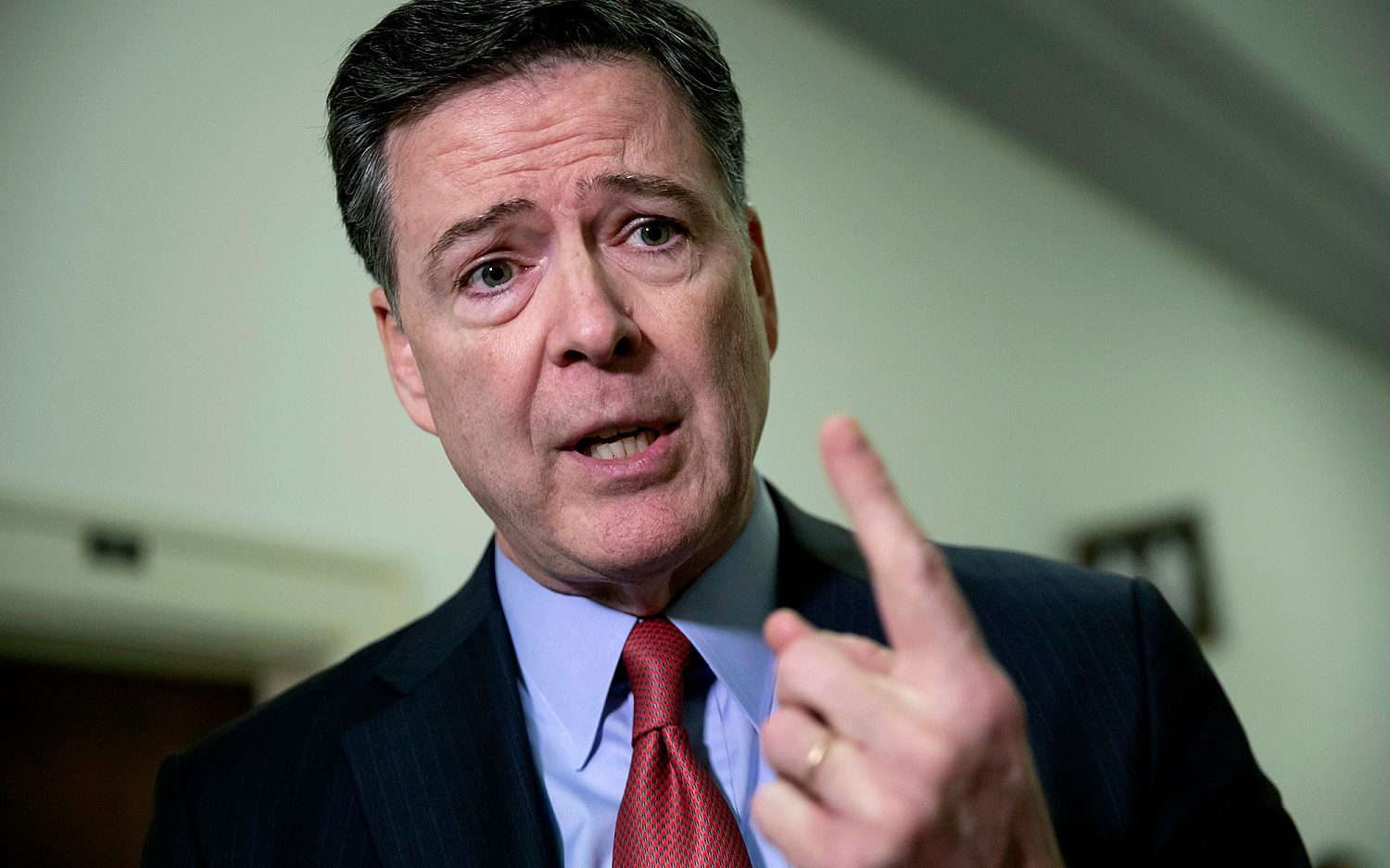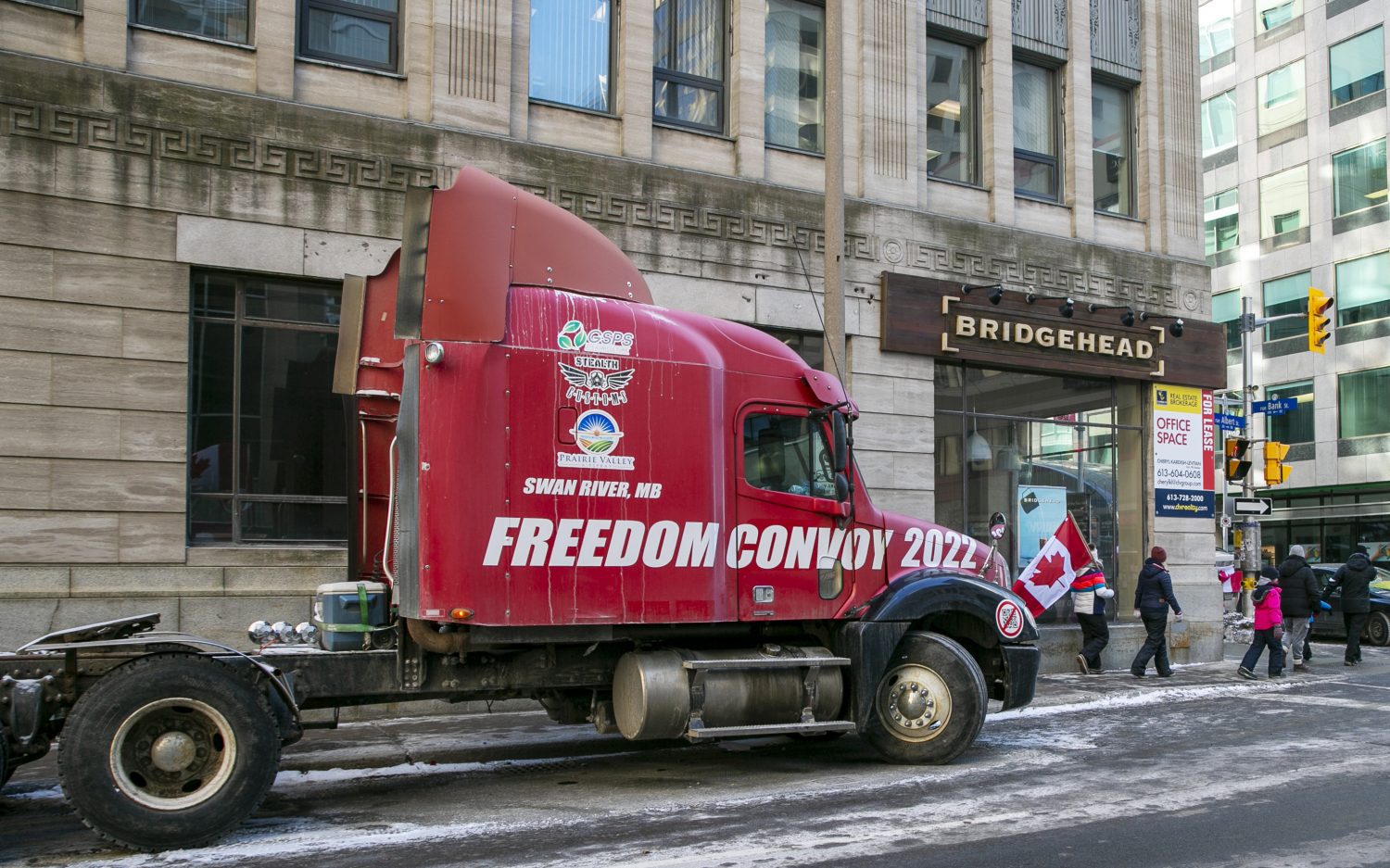Feisty former mayor, New York icon dies
Former New York City Mayor Ed Koch died early Friday morning from congestive heart failure. He was 88.
After serving the U.S. House of Representatives from 1969-1977, Koch served three terms as New York City’s mayor, from 1978 to 1989. Friends, colleagues and even opponents recalled him as a feisty leader never afraid to speak his mind, who loved New York City.
Under his tough fiscal policies and sharp budget cuts, the city climbed out of a financial crisis in the 1980s. According to the Wall Street Journal, Koch launched a city-funded public housing initiative to restore homes destroyed by arson. He stood up against a transit strike, walking with locals to encourage them when they had to commute to work by foot. He also reformed the city’s method of selecting judges, replacing a patronage appointment system with a system of merit selection.
“Earlier today, New York City lost an irrepressible icon, our most charismatic cheerleader and champion, Edward I. Koch," Mayor Michael Bloomberg said in a statement. "Through his tough, determined leadership and responsible fiscal stewardship, Ed helped lift the city out of its darkest days and set it on course for an incredible comeback.”
Koch’s mark on the city has been set in steel: In 2011, the Queensboro Bridge, which connects Manhattan to Queens, was renamed in his honor.
The larger-than-life Koch won a national reputation for his feisty style. He was known as always having a friendly quip, but for being equally fast with cutting remarks for his political enemies. "You punch me, I punch back,” he once observed.
Born in the Bronx on Dec. 12, 1924 to Polish immigrants, Koch worked his way through school, checking hats, working behind a delicatessen counter and selling shoes. He attended City College and served as a combat infantryman in Europe during World War II, earning his sergeant stripes.
He received a law degree from New York University in 1948 and began practicing law in Manhattan's Greenwich Village neighborhood. His political career began as a member of the Village Independent Democrats, a group of liberal reformers. He was elected to the City Council and then to Congress, serving from 1969-77 as representative for the "Silk Stocking" district, then known for its millionaire Park Avenue constituency.
Koch was the first Democrat to represent the district in 31 years. He described himself as a “liberal with sanity” and crossed party lines several times during his career, most notably in support for George W. Bush’s re-election in 2004. “I supported his willingness to stand up to Islamic terrorism,” he explained in a letter.
In the 1977 race for mayor, Koch defeated incumbent Abraham D. Beame and Mario Cuomo in the Democratic primary to win his first term in City Hall. In 1981, like his hero Fiorello LaGuardia, he ran on the Republican and Conservative party lines. In both 1981 and 1985, he won re-election, securing an unprecedented three-quarters of the votes cast.
But Koch's third term was beset by corruption scandals, even though they weren’t directly linked to him. Queens Borough President Donald Manes resigned over kickback and patronage allegations and later committed suicide. Bronx Democratic leader Stanley Friedman and three others were also tarred, and his commissioner of affairs was forced to step down due to a personal scandal involving her boyfriend.
The administration was also beset by racial unrest. In Howard Beach, a white gang murdered a young black man in 1986. Three years later, a group of whites in Brooklyn's tough Bensonhurst neighborhood shot a black teen to death. Six weeks after the second slaying, Koch lost the Democratic primary to David Dinkins, the city's first black mayor. But Koch didn’t blame his loss on simmering racial tensions. "I was defeated because of longevity," Koch said. "People get tired of you.”
At age 83, Koch paid $20,000 for a burial plot at Trinity Church Cemetery, at the time the only graveyard in Manhattan that still had space. He had his tombstone inscribed and installed. The marker features the last words of slain Wall Street Journal reporter Daniel Pearl: "My father is Jewish, my mother is Jewish, I am Jewish."
His tombstone also includes the Shema -- “Hear Oh Israel the Lord our God, the Lord is One" -- and the epitaph he wrote after his stroke in 1987: "He was fiercely proud of his Jewish faith. He fiercely defended the City of New York, and he fiercely loved its people. Above all, he loved his country, the United States of America, in whose armed forces he served in World War II."
The Associated Press contributed to this report.
An actual newsletter worth subscribing to instead of just a collection of links. —Adam
Sign up to receive The Sift email newsletter each weekday morning for the latest headlines from WORLD’s breaking news team.




Please wait while we load the latest comments...
Comments
Please register, subscribe, or log in to comment on this article.